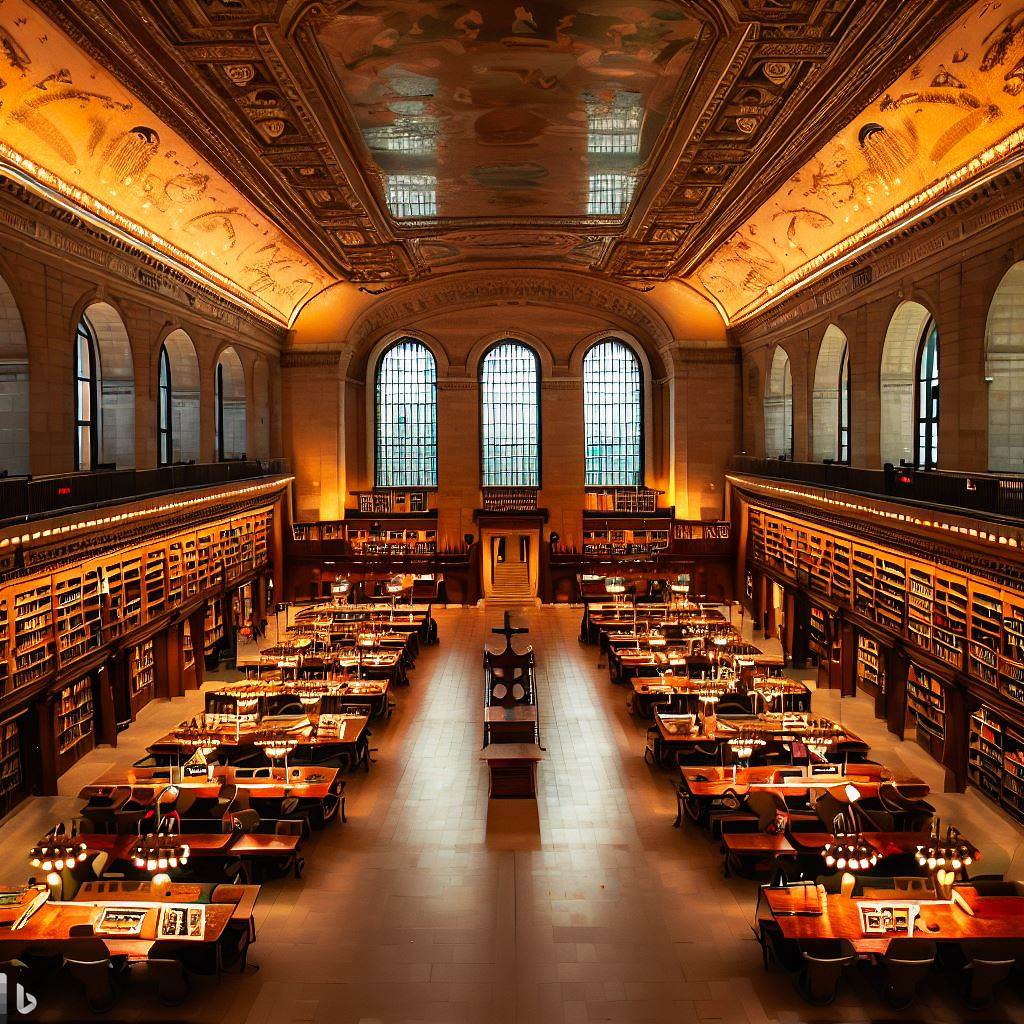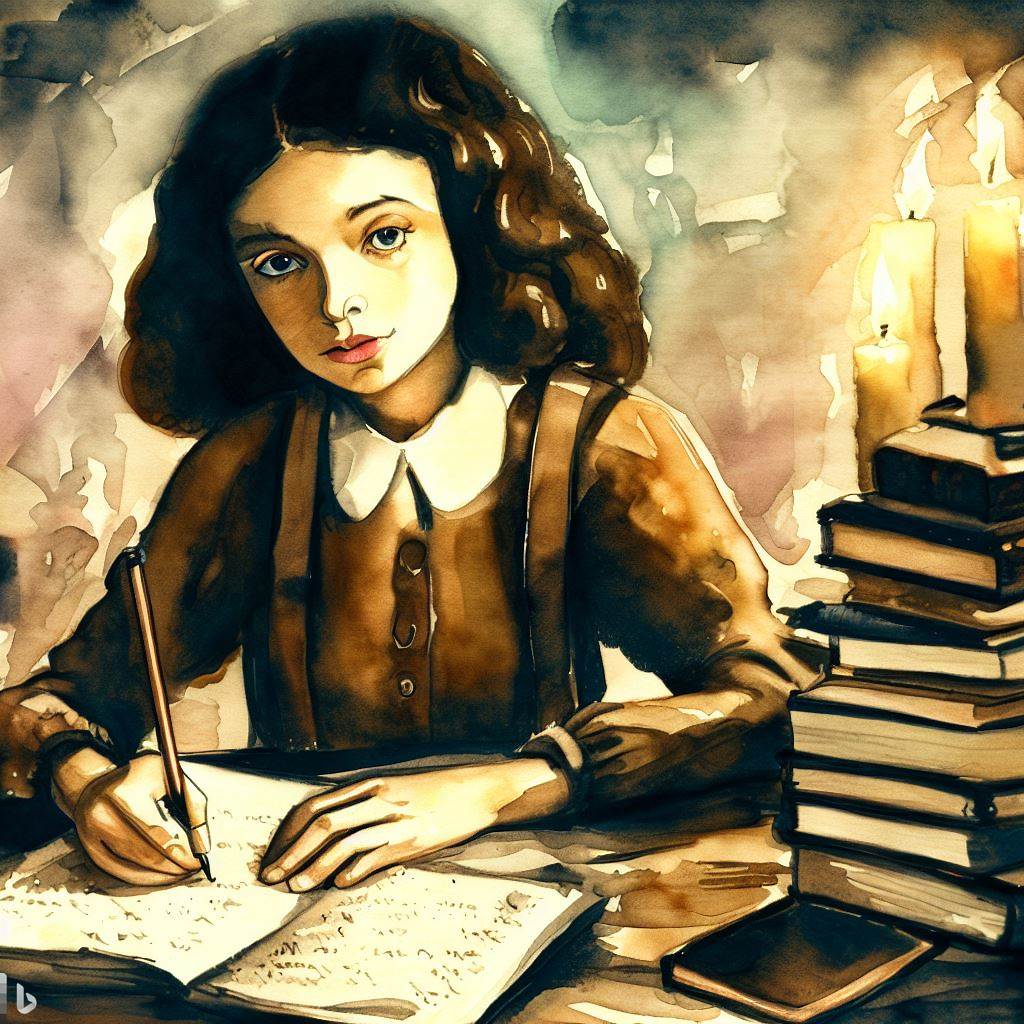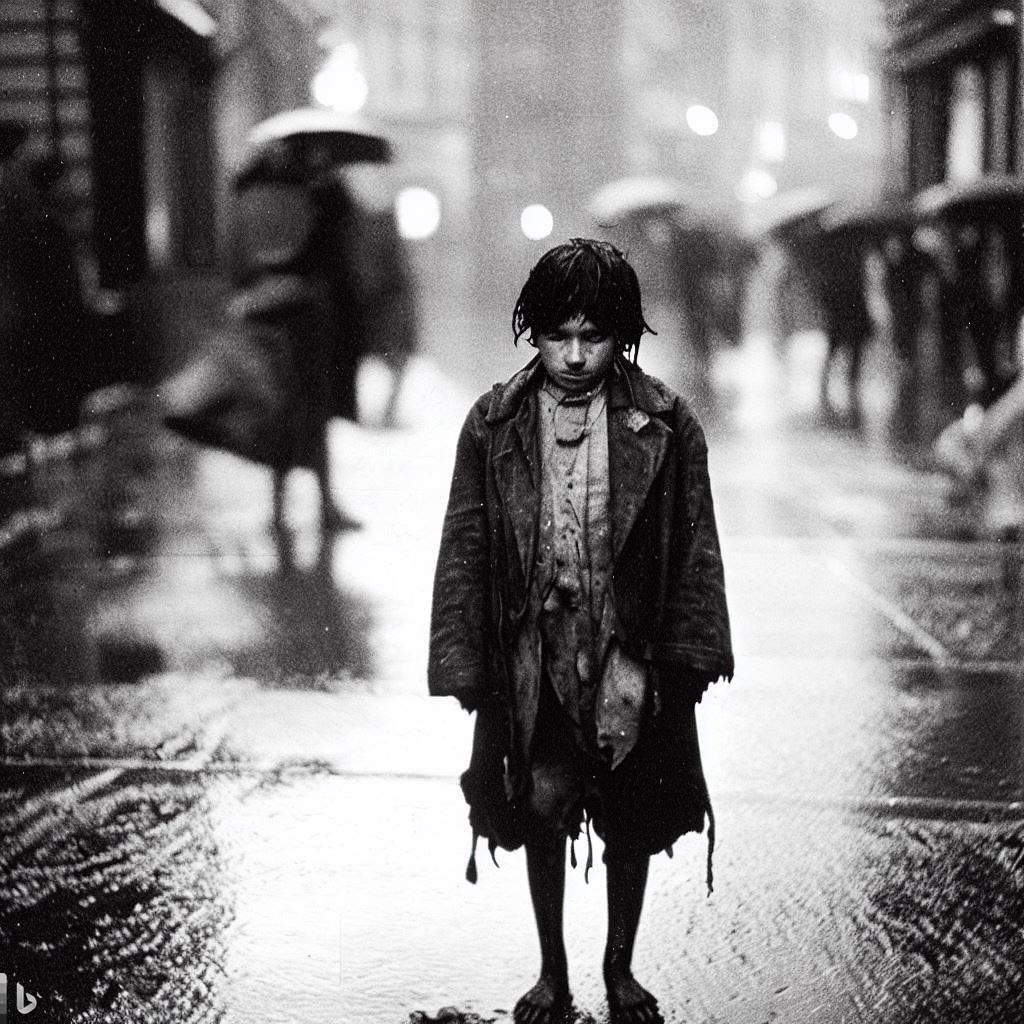
Have you ever wondered how libraries get books? It’s not just a simple process of buying a few bestsellers and classics. Libraries have to curate their collections carefully to meet the diverse needs and interests of their communities. This article will explore the various ways libraries acquire books, including purchasing, donations, collaborations, and more.
- Purchasing
One of the primary methods for libraries to acquire books is through purchasing. Libraries work within a budget to buy books from various sources such as wholesalers, publishers, and online retailers. They use their funds wisely to select a range of materials that cater to the needs of their patrons.
When deciding which books to buy, librarians often rely on book reviews, patron requests, and bestseller lists. They also consider the age, interests, and demographics of their community to create a diverse and balanced collection.
- Donations
Another way libraries get books is through donations from the public, local businesses, or other organizations. Donated books help libraries expand their collections without spending extra money. However, not all donated books are added to the library’s collection. Librarians evaluate each book based on its condition, relevance, and demand before deciding whether to include it.
- Collaborations
Libraries often collaborate with other institutions to share resources and expand their collections. This includes interlibrary loans, where a library can request a book from another library if they don’t have it in their collection. Collaborations also extend to digital resources, such as e-books and online databases, which can be accessed by patrons from multiple libraries.
- Government programs and grants
Libraries can also acquire books through government programs and grants. These programs provide funding for libraries to purchase materials or receive donations from other organizations. For instance, the Library Services and Technology Act (LSTA) in the United States helps libraries improve their services by funding the acquisition of new materials, including books.
- Specialized collections and archives
Some libraries have unique collections and archives that focus on specific subjects, such as local history, rare books, or special interests. These collections are often built through a combination of purchasing, donations, and collaborations with other institutions.
- Subscription services
Libraries may also subscribe to book subscription services or join library consortia to access a larger pool of books and other resources. These services offer libraries access to a vast selection of materials, both in print and digital formats, which can be circulated among member libraries. This enables libraries to expand their collections and provide patrons with a broader range of materials without the need to purchase every single item.
- Self-publishing and local authors
In recent years, libraries have started to recognize the importance of supporting local authors and self-published works. By acquiring books from local authors, libraries can help promote the local literary scene and provide unique and diverse materials for their patrons. Additionally, this also allows libraries to support their communities by featuring works that may not be available through traditional publishing channels.
- Weeding and collection maintenance
An essential aspect of library collection building is weeding and maintaining the existing collection. Over time, some books may become outdated, damaged, or no longer relevant to the community’s needs. Librarians regularly evaluate their collections and remove or replace items as needed to ensure the library’s resources remain current and useful.
This process of weeding and collection maintenance also creates space for new materials, allowing libraries to continuously update and refresh their collections to better serve their patrons.
- International exchange programs
Some libraries participate in international exchange programs, through which they can acquire books from other countries. These programs foster cross-cultural exchange and allow libraries to expand their collections with unique materials from around the world. By including books in different languages and from various cultural perspectives, libraries can better cater to the diverse needs and interests of their communities.
- Digital resources
With the rapid advancement of technology, libraries have adapted by incorporating digital resources into their collections. E-books, audiobooks, and online databases provide patrons with access to a vast array of information and materials that may not be available in print form. By offering digital resources, libraries can cater to the evolving needs of their patrons and ensure they remain relevant in the digital age.
In summary, libraries employ a multitude of methods to acquire books and build their collections. From purchasing and donations to collaborations and government programs, these methods ensure that libraries can provide diverse, well-rounded, and up-to-date resources for their communities. By understanding the various ways libraries get books, we can better appreciate the efforts they make to serve their patrons and promote the love of reading and learning.

